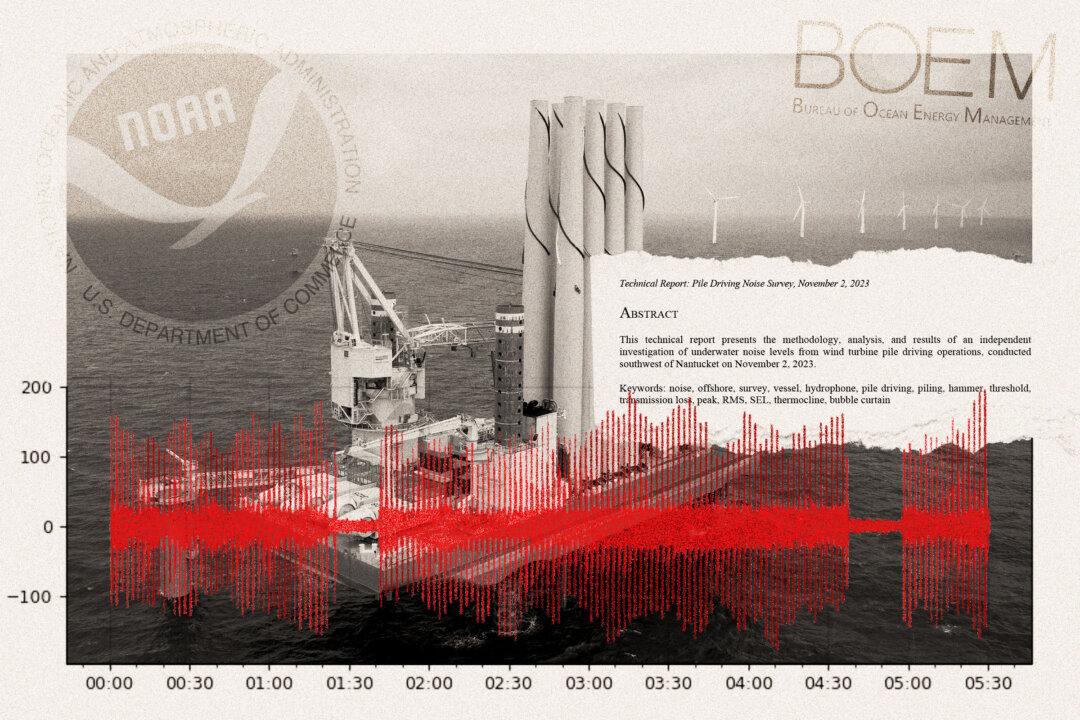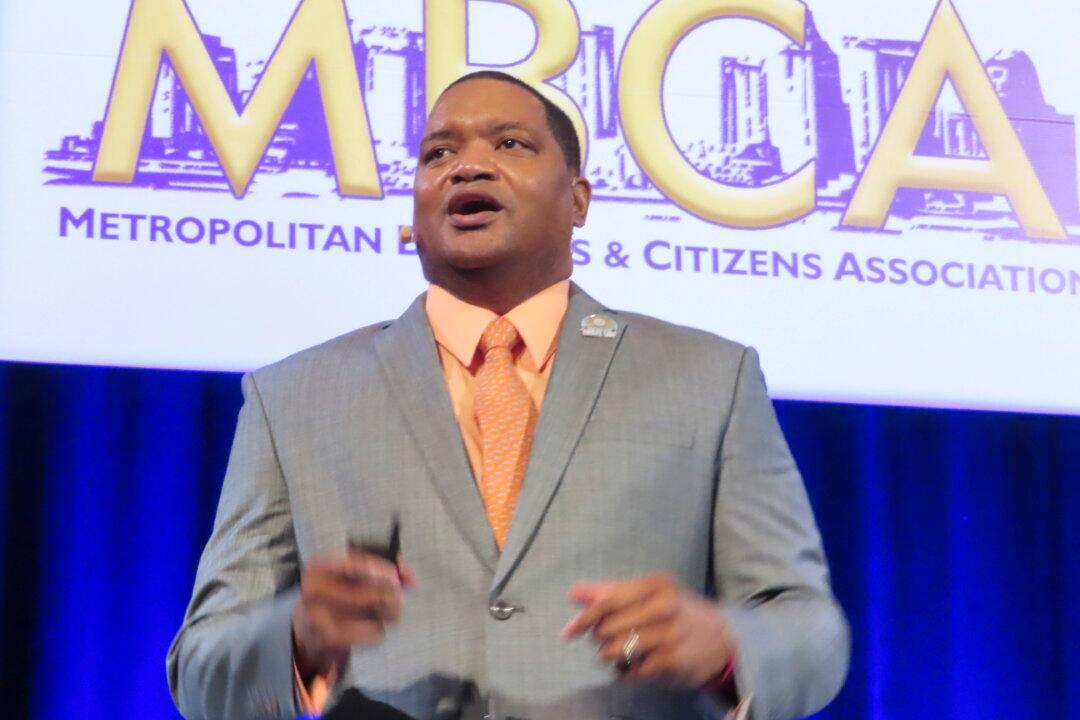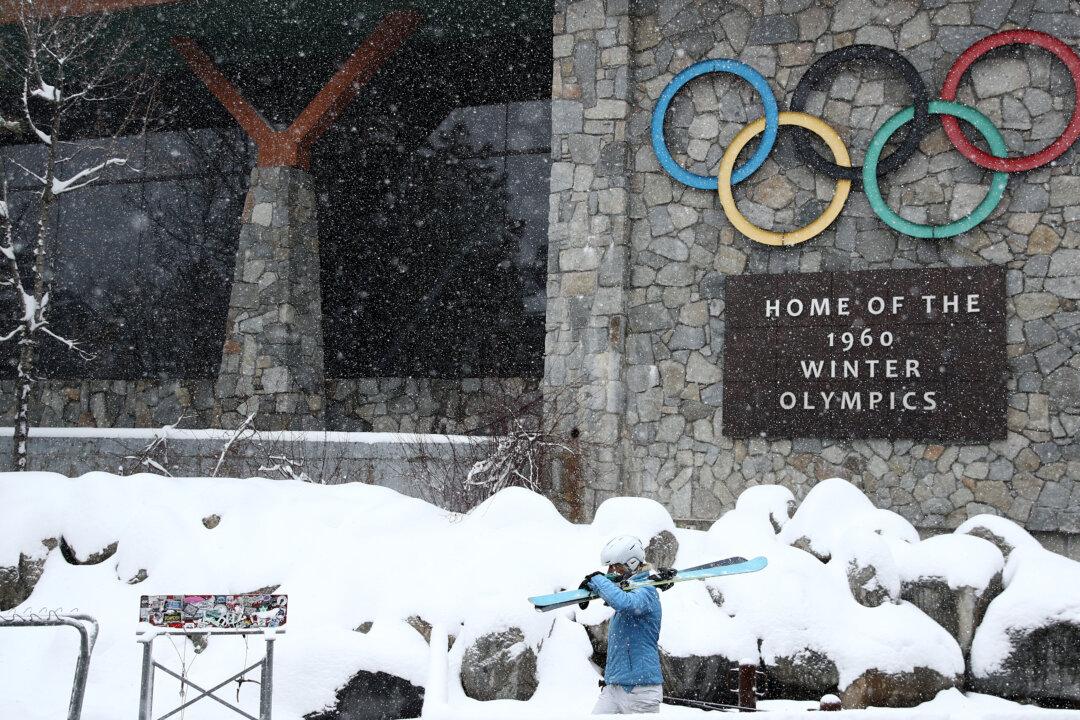Mary Schantag, chairman of the POW Network, was appalled when President Joe Biden claimed that his uncle, who served in the Army Air Forces during World War II, was shot out of the sky over New Guinea, and then seemed to imply that he was eaten by cannibals.
“He got shot down in New Guinea, and they never found the body because there used to be—there were a lot of cannibals, for real, in that part of New Guinea,” President Biden told United Steelworkers union members on April 17.





